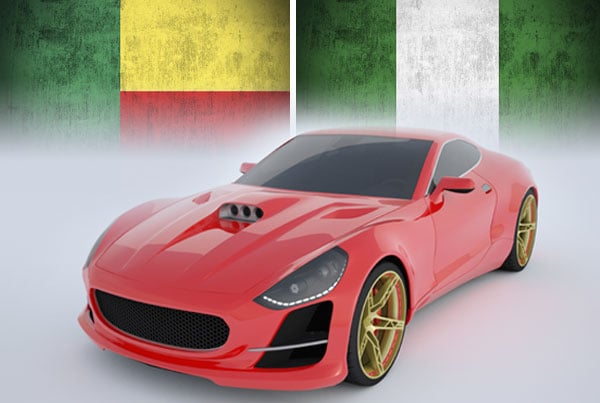What's Culture Got to Do with It? Options for Nigerian Car Importers
Short and Long Term View of Market for Nigerian Car Imports
In our last blog we discussed the possibility of major changes in the Nigerian import car market. We reviewed several indicators that point to the implementation of a new import policy. Among the factors we considered were reports of significant increases in car import duties predicted to go into effect before the end of 2014. The reason cited to account for the shift is an apparent desire on the part of the Nigerian government to manufacture its own cars and build an automotive industry. Evidence of this desire can be found in increased governmental and private car industry investment as well new restrictions that tend to discourage importers. We suggested that it might be a great time for Nigerian car importers to consider reducing their used car inventory.
Read More Move Used Car Inventory to Tin Island Before It's Just More Tin
Reasons to Keep Your Eyes Focused on the Future
During our discussion in our last blog we also referred to the spectacular growth in GNP that Nigeria has been experiencing, despite the many years of global recession. If you decide to sell off inventory now as a precautionary measure, don't forget to stay focused on the long term prospects for Nigeria. At a minimum, you may wish to track the market trends, and to the extent possible, maintain your contacts and relationships in this part of the world. Some of the reasons for long term optimism are as follows:
- five fold increase in GNP from 2000 to 2011 and still growing
- population growth - Lagos soon to be 3rd largest city in the world
- rapid increases in per-capita GNP
- substantial growth in Nigerian middle class, now estimated at 23% of populace
- well educated middle class - 92% have obtained post-secondary education
- culture of saving and extremely low consumer debt ratios
- increased demand for major household appliances and other western amenities
- 150% increase in overseas car shipping for past year
Middle class car ownership is still in early stage of development:
- only 2% own 3 or more cars
- just 5% own 2 cars
- a mere 10% own 2 cars
- 38% own one car
- 45% do not yet own a car
Several car companies including Ford, Toyota and Nissan have made entry into the new car market and have plans to expand. Innocent Chukwuma, the Chairman of Innoson, a Nigerian car manufacturer, observes that Nigerian consumers have preferred to purchase American, Asian and European brands even when presented with home made alternatives. This preference for imports is widely attributed to cultural attitudes and a deeply ingrained desire for western goods. Price incentives may change behavior but changing long-standing cultural preferences and consumer attitudes can be a long and difficult process. What does this suggests to us? It suggests the distinct possibility of continuing demand for for nigerian car imports even if import duties are raised.
You May Also Like
These Related Stories

Window of Opportunity for Dealers - Ship Cars to Nigeria via Benin Now

Nigerian Car Shipping: Revamping the Nigerian Auto Market

-093789-edited.png?width=220&height=79&name=wcs_final_logo_(1)-093789-edited.png)
